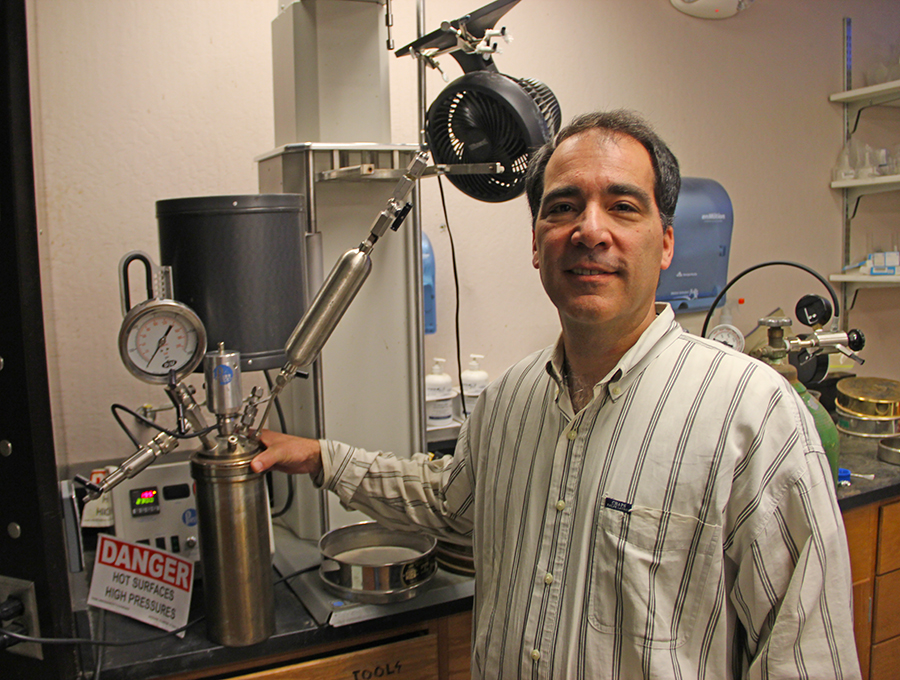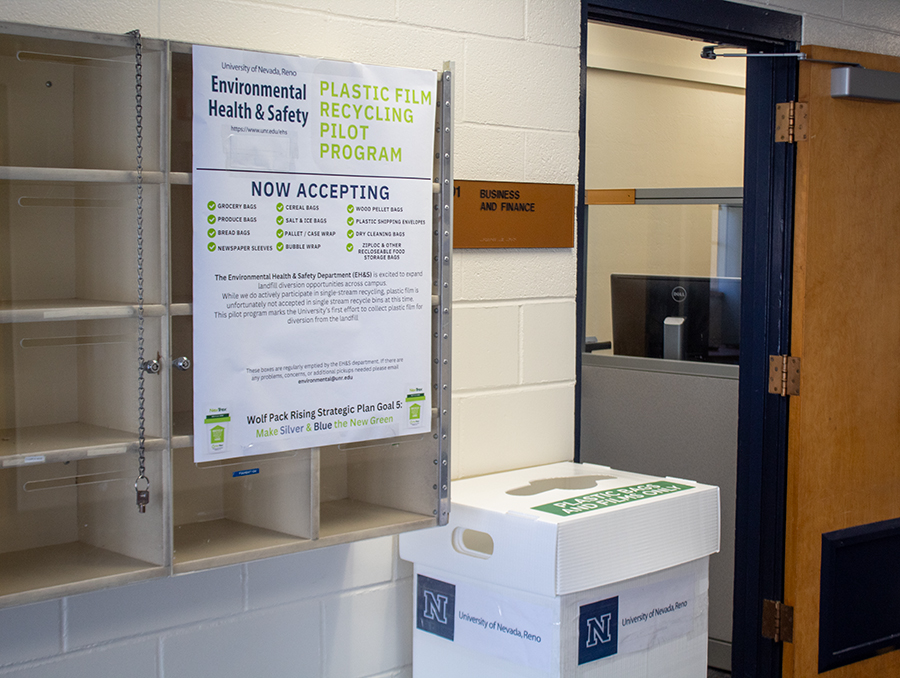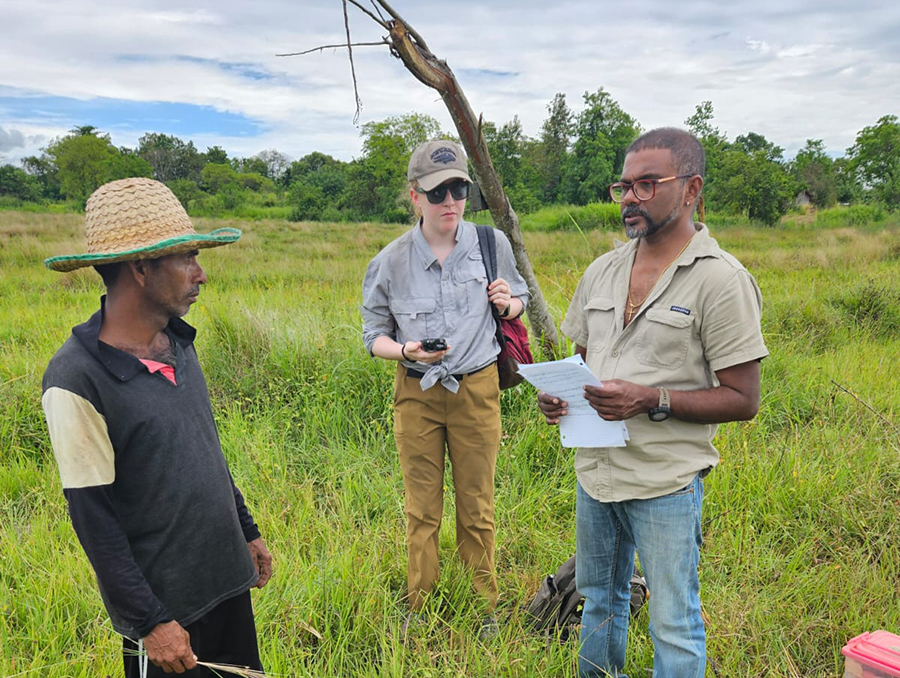A team of researchers is taking a new environmentally friendly approach to turning manure into fuel or fertilizer.
The National Science Foundation, or NSF, recently awarded $2.3 million to a four-year project led by the chemical and materials engineering department at the University of Nevada, Reno.
The project, led by associate professor Chuck Coronella, is titled “NEWIR Manure: Nutrient, Energy, and Water Innovations for Resource Recovery” and is a systematic and multidisciplinary approach to study and develop a solution to environmental effects created by current concentrated animal feeding operations, or CAFOs. The growth of CAFOs over the years helps with dairy and meat production, but addressing the challenge of sustainable manure management at large-scale CAFOs is significant.
CAFO-caused pollution of ground and surface water can be detrimental to arid climates like the ones in Nevada and California.
The project proposes technology to recover valuable energy, nutrient content and water from manure and reduce environmental impacts on surrounding air, water and land. The new technology uses hydrothermal carbonization or HTC, a chemical process converting organic compounds to structured carbon.
Previous attempts at turning manure into fuel or fertilizer have been difficult because it can be costly and difficult to handle a lot of it.
“Our goal is to make CAFOs sustainable, with no smell or pollution,” Coronella said. “We have worked with a handfuls of farms in Fallon [in Churchill County] and plan to study long term animal feeding operations.”
Coronella says that algae can be grown from the HTC-processed manure. Algae are a well-known feedstock option, and collaborators plan to study its nutritional value for animals. Its overall success could significantly reduce the environmental footprint of dairy and cattle feed operations, along with increased food production capacity. An economic analysis will be performed to look at engineering, feedstock, animal nutrition and the lifecycle cost analysis.
The team also includes assistant professor of chemical engineering Sage Hiibel and Kim Rollins, former professor of economics at the University of Nevada, Reno and currently at the University of Connecticut, along with Pablo Cornejo of California State University, Chico, and Antonio Faciola at the University of Florida. The project is a collaboration with the Universidad Autónoma de Madrid in Spain and will include exchange of scholars over the duration of the four-year project.
“This project will have a direct benefit to communities and industry across the country,” Manos Maragakis, dean of the College of Engineering, said. “It is a major award that reflects the high competitiveness of the principal investigators, even more advancements in the chemical engineering department for research and the commitment of the College to be nationally and internationally competitive.”















